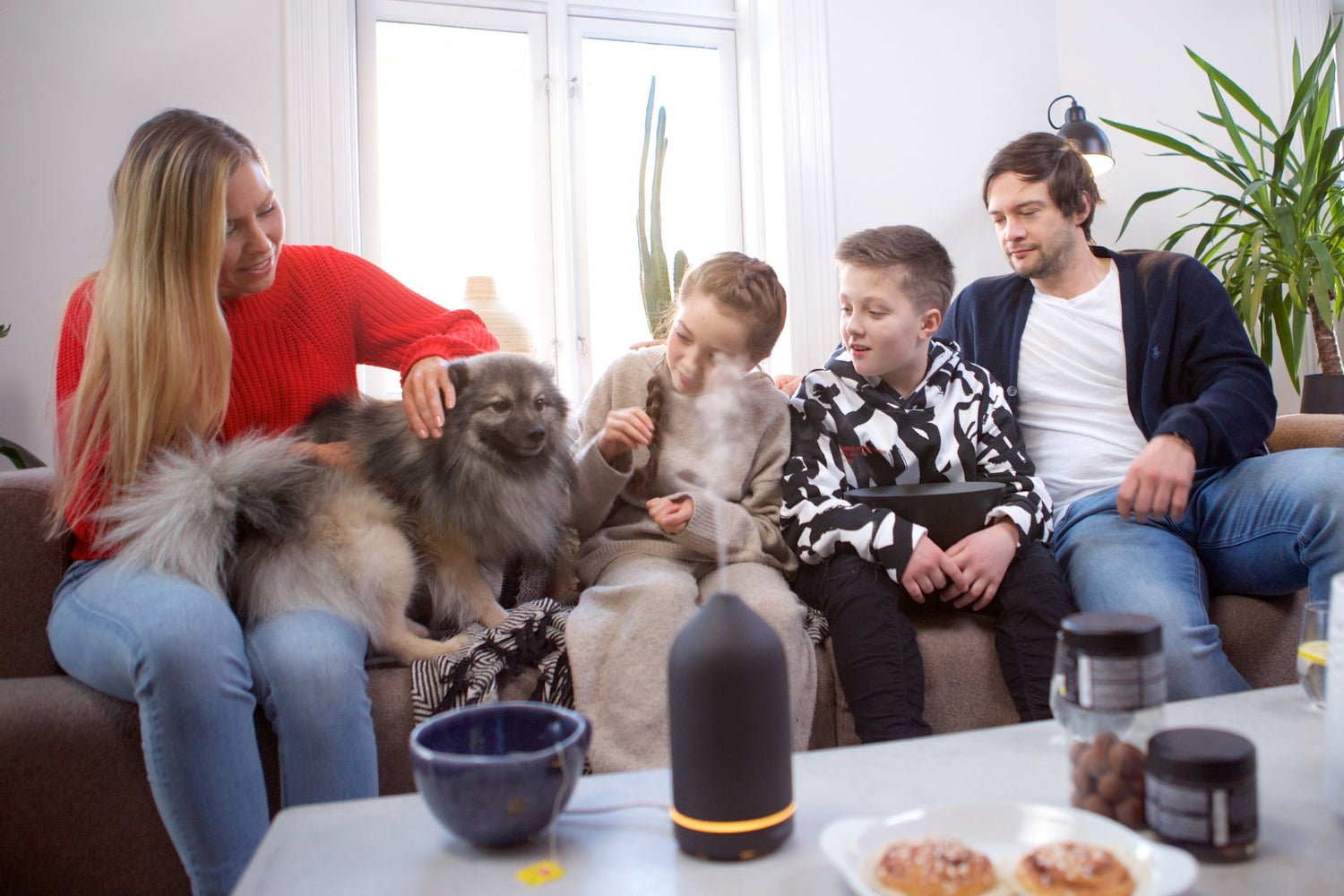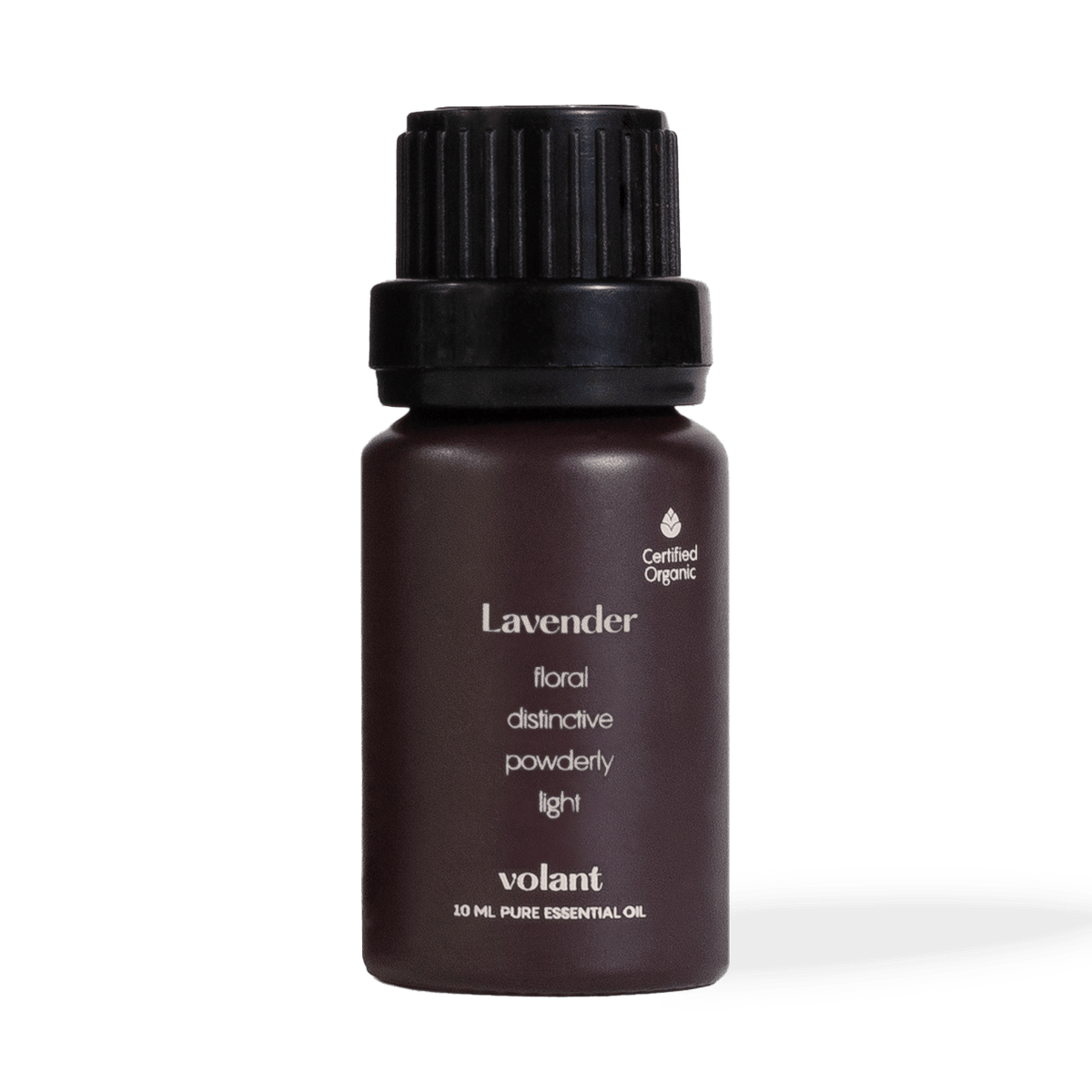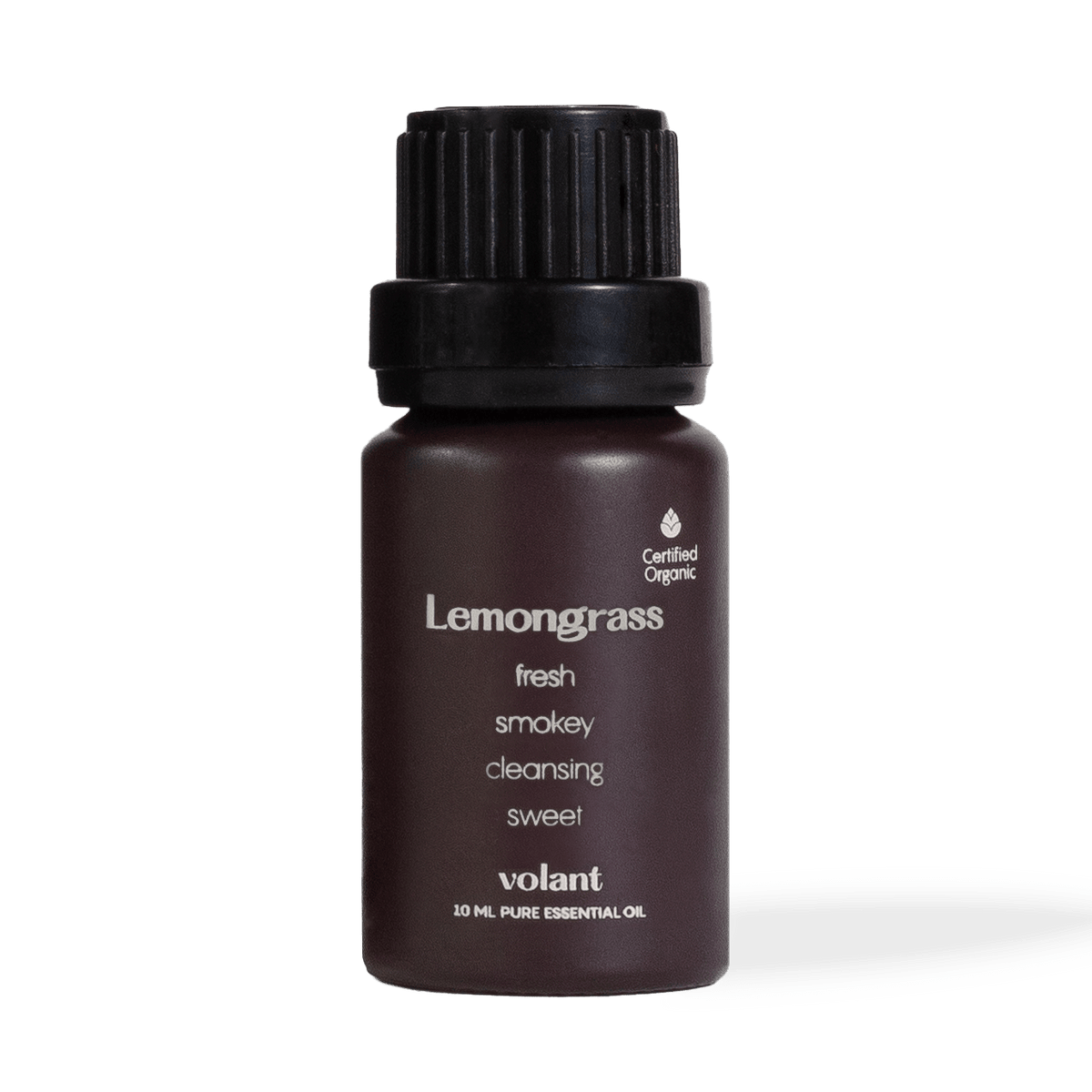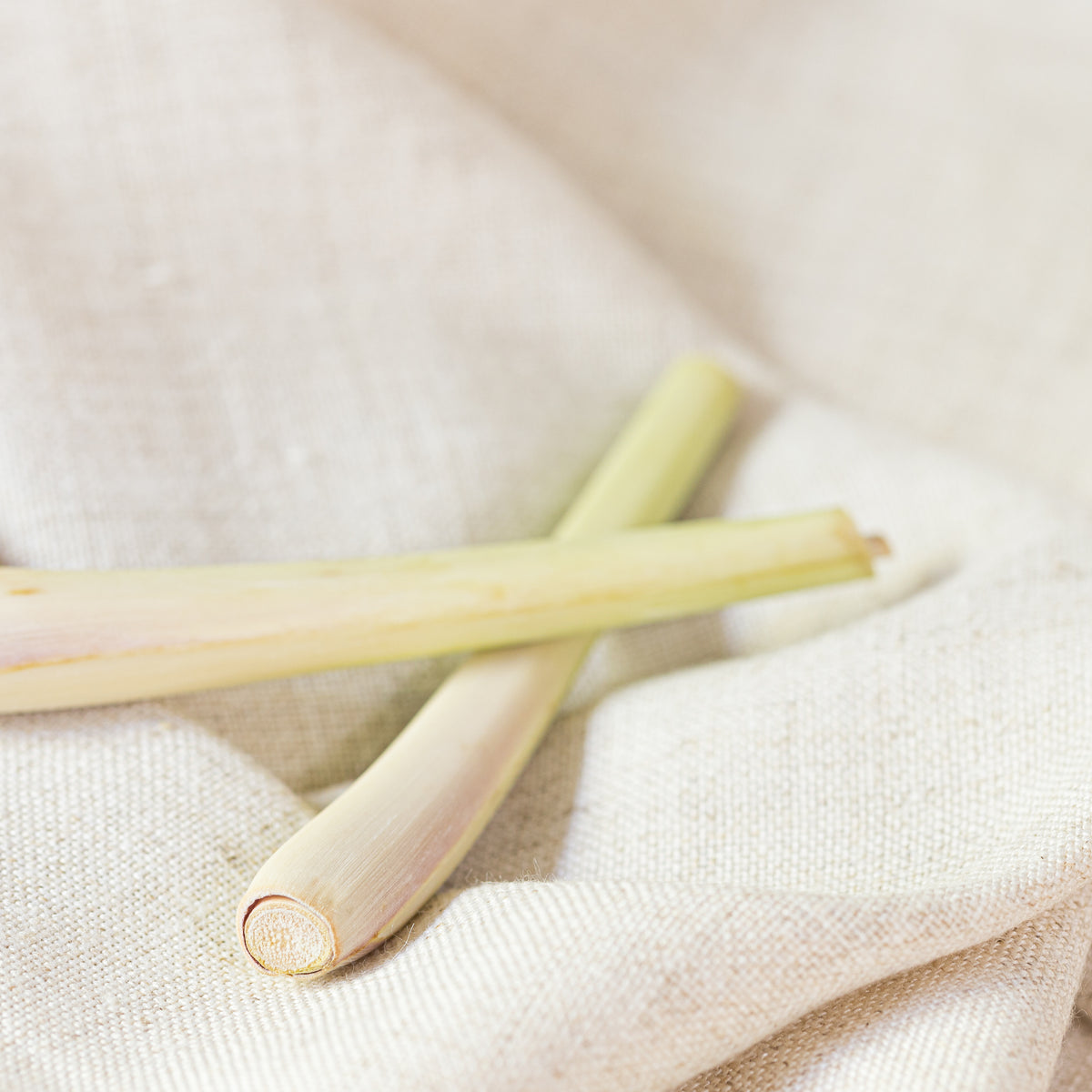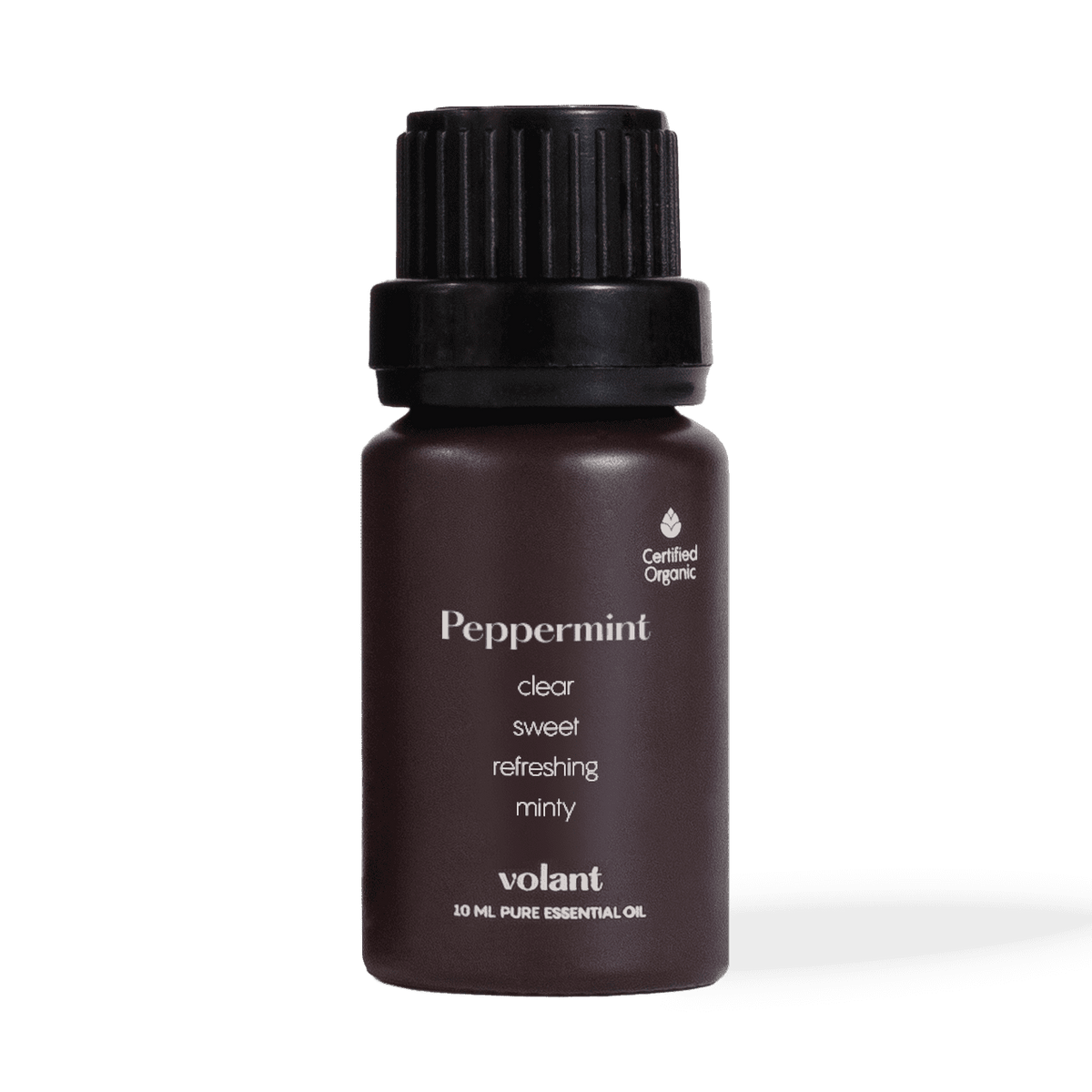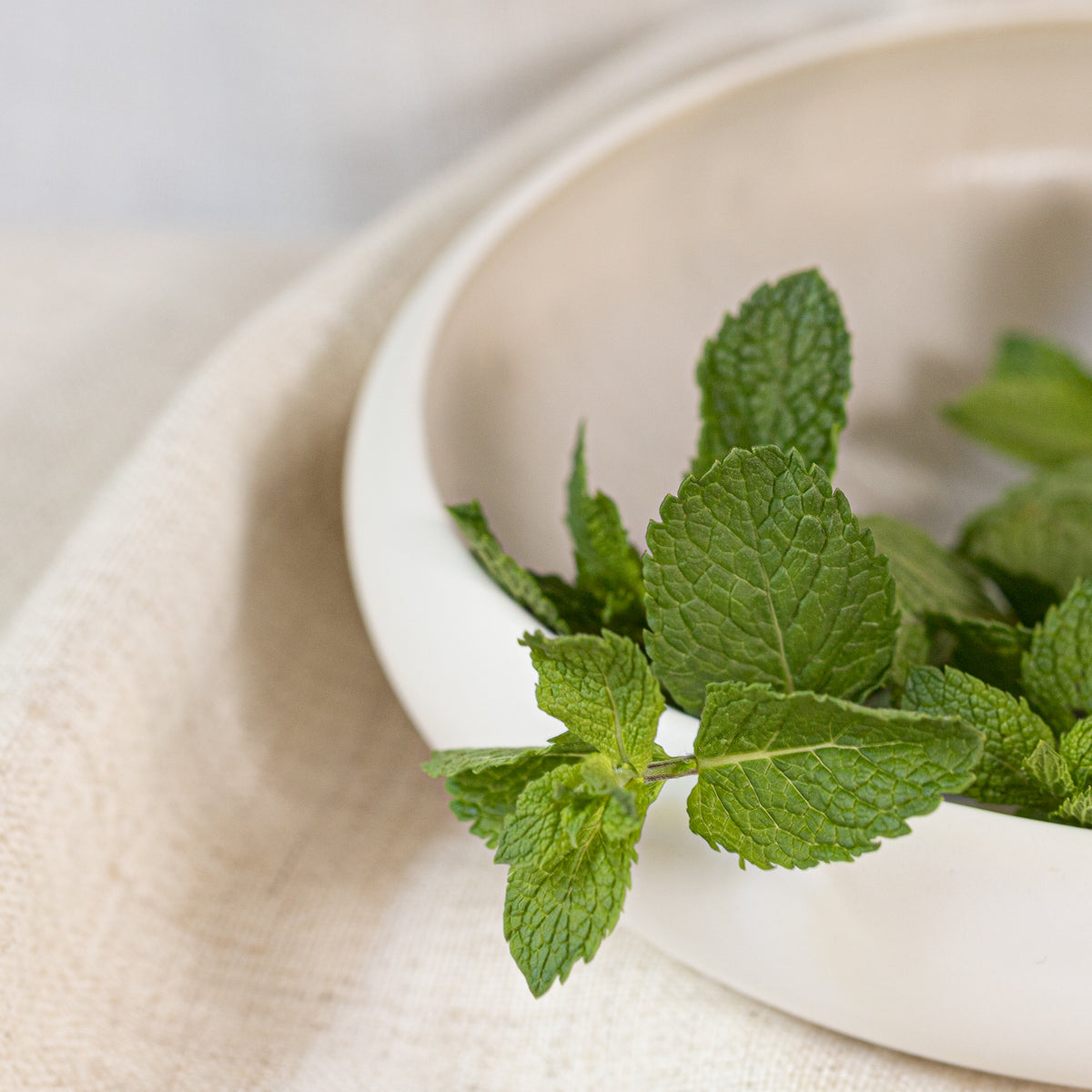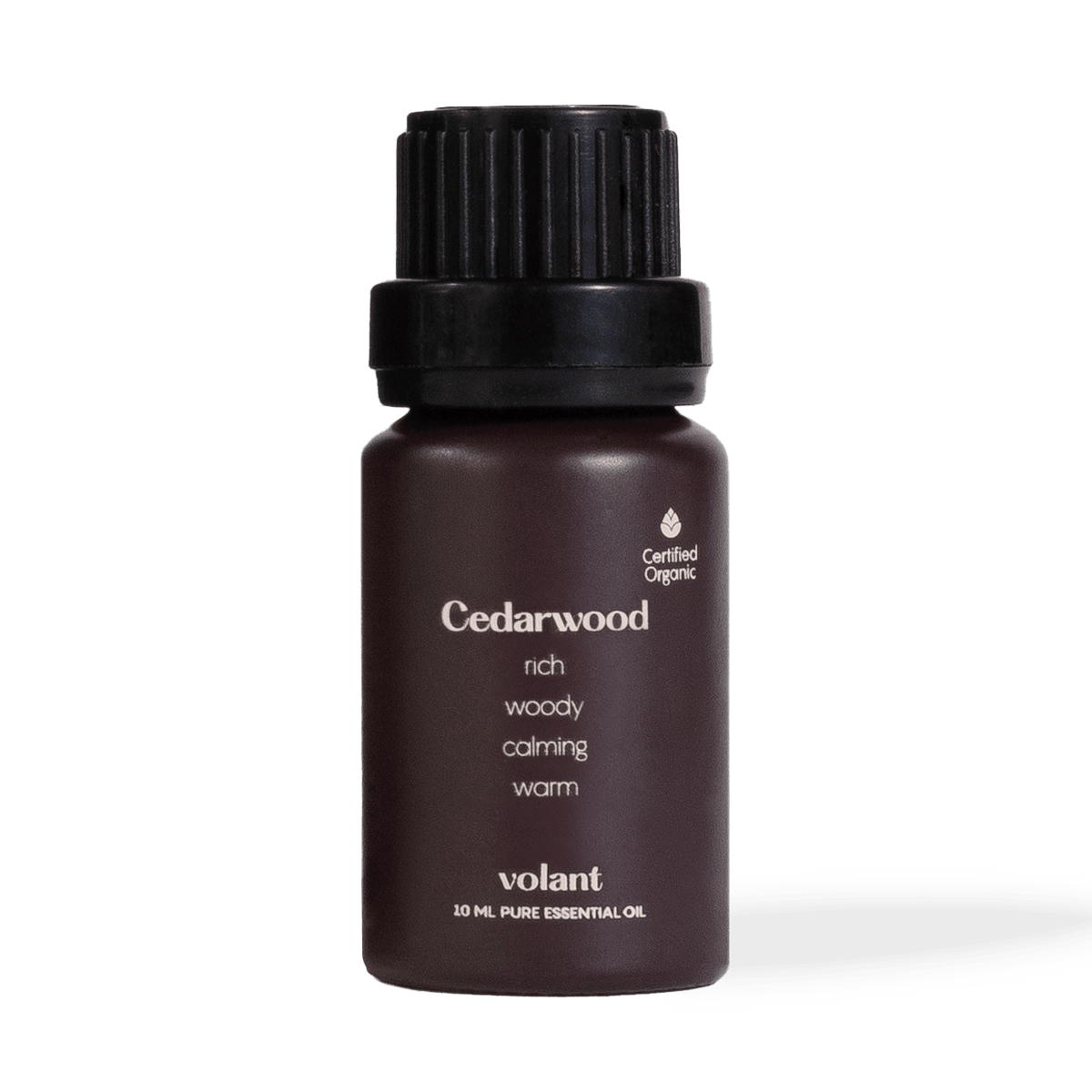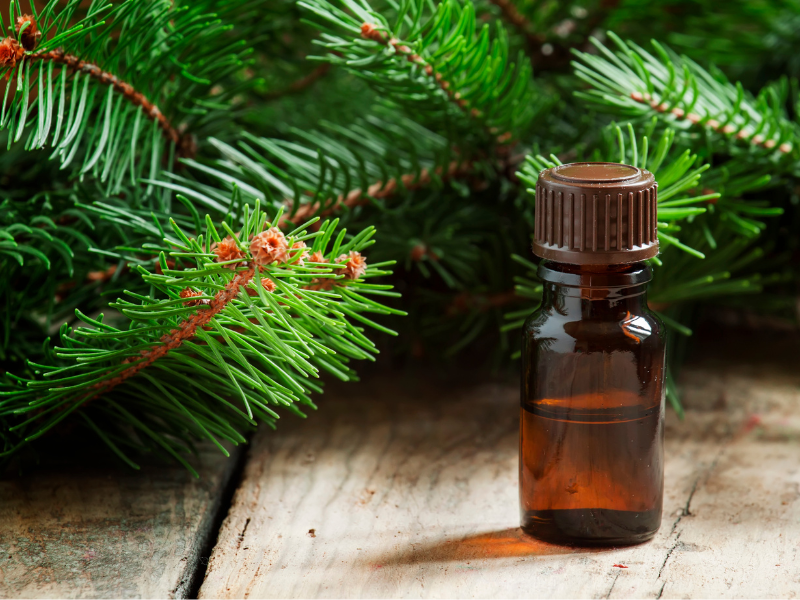As the holistic benefits of essential oils are becoming increasingly well known, people are beginning to question what other uses essential oils may have and how else they could put aromatherapy to use around their house.
This has led many people to question how essential oils could be used with their pets. Here is everything you need to know about essential oils and pets.
Can you use essential oils if you have pets?

If you are wondering whether you can use essential oils around pets, the general answer is yes – most essential oils can be used with pets, but it is important to be cautious. Depending on how you use essential oils, some of them could cause your pet discomfort or even be toxic.
There are four factors to consider when determining if an essential oil is safe for your pet.
- Type of oil - essential oils come from plants, and some of these plants are toxic to animals, while others are not.
- Concentration - essential oils can be found in many household products such as soap, shampoo and medicinal products. However, these products normally contain between 1-20% of essential oils. Then there are 100% pure essential oils which are much more potent, but when used in a diffuser, are much less concentrated.
- Different species have different sensitivities - all animals are different and react differently to essential oils. Cats, rabbits, guinea pigs and hamsters may be more sensitive due to their increased risk of oral exposure from self-grooming. And birds are more likely to suffer respiratory effects from diffusers due to their respiratory system.
- How it is used - there are many different ways to use essential oils. The most common ones are oral, dermal and inhalation.
So the answer to whether or not essential oils are safe for your pet depends on these factors. But according to ASPCA (American Society for the Prevention of Cruelty to Animals), diffusing essential oils is generally safe for most pets (apart from birds), whereas oral and topical use of essential oils on pets should be avoided.
But there are still some essential oils that might be toxic to pets. So now that we know that diffusing essential oils is the best way to use essential oils in your home if you have pets, let’s look at some tips on how to use essential oils around pets.
Can essential oils be beneficial for pets?
When used carefully, aromatherapy can be beneficial for the entire family, including your pets. There are some oils which can help to calm and relax your pets while other oils can help to repel fleas and keep your pet healthy.
However, it’s important to be aware of which essential oils could be dangerous for your pet as well as to keep in mind some safety guidance when you’re using essential oils around your pets.
Essential oils safe for dogs

There are several essential oils that are safe for use with dogs, with certain oils offering many holistic benefits to your pet. For example, certain essential oils are calming to dogs, while others help keep the fleas at bay.
Here are some of the essential oils that can be used with dogs.
Lavender oil: Calming and comforting

Lavender is one of the most commonly used essential oils with dogs and also one of the safest. Lavender essential oil is thought to trigger a calming sensation in your dog’s brain, providing them with comfort when they need it the most.
Some veterinarians diffuse lavender essential oil during surgery to reassure anxious pets, helping them to feel safe. Lavender essential oil can also be used to help your dog with insomnia and to keep them calm on car journeys.
A 2009 study investigated the effects of lavender oil on beagles. The study found that the average heart rate of the dogs was lower when treated with lavender oil. This shows that lavender oil could have a calming effect on some dogs. However, more research is needed to prove this definitively.
Lemongrass oil: The natural pest deterrent

With a refreshing citrus aroma, lemongrass essential oil smells pleasant to both humans and dogs alike. However, it has the opposite effect on pests such as fleas and ticks, repelling them from your pet.
You can use lemongrass essential oil in a diffuser to keep the pests away.
Peppermint oil: Soothing, energizing and deterring all at once

Although peppermint has a strong aroma, it is also one of the safest essential oils to use with your dog. Diffusing the aroma can help energize an old, tired dog. And peppermint is another great natural flea deterrent. In fact, you’ll often find it in dog shampoos and flea repellents.
Cedarwood oil: Relaxing and refreshing

Many people find that cedarwood essential oil has a relaxing effect on their dogs while supporting healthy skin. Adding a small amount of cedarwood oil to a diffuser can help to calm your dog and promote healthy sleep.
Cedarwood essential oil is also an effective pest repellent, keeping ticks, fleas and moths away from your pets and furniture. Try adding a drop of cedarwood essential oil to a clean spray bottle and top it up with water. Spritz it over your furniture and carpets to keep the pests away.



